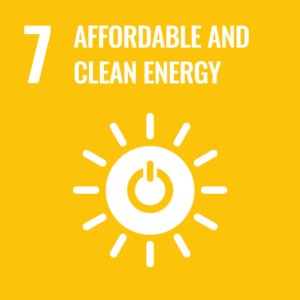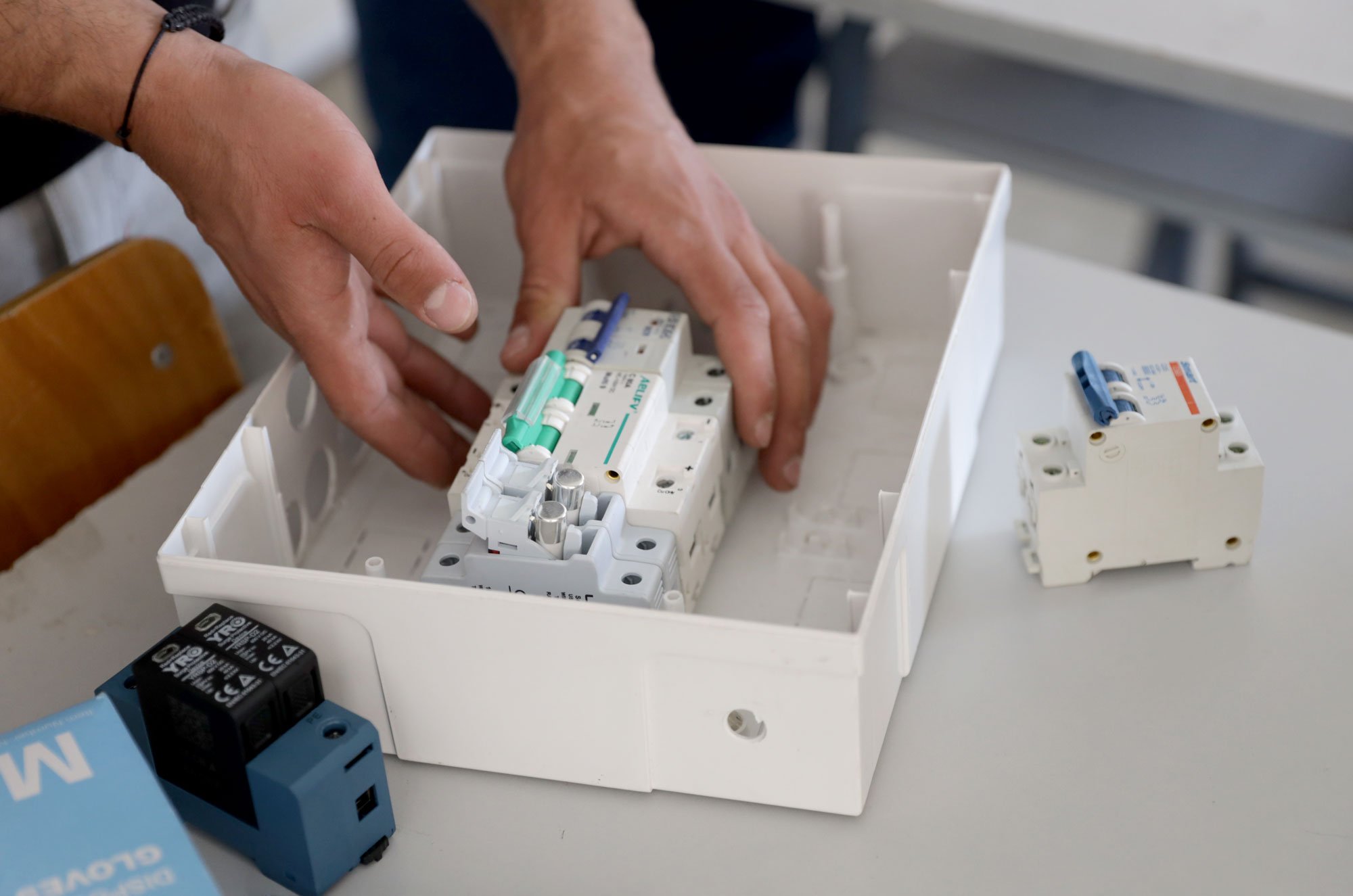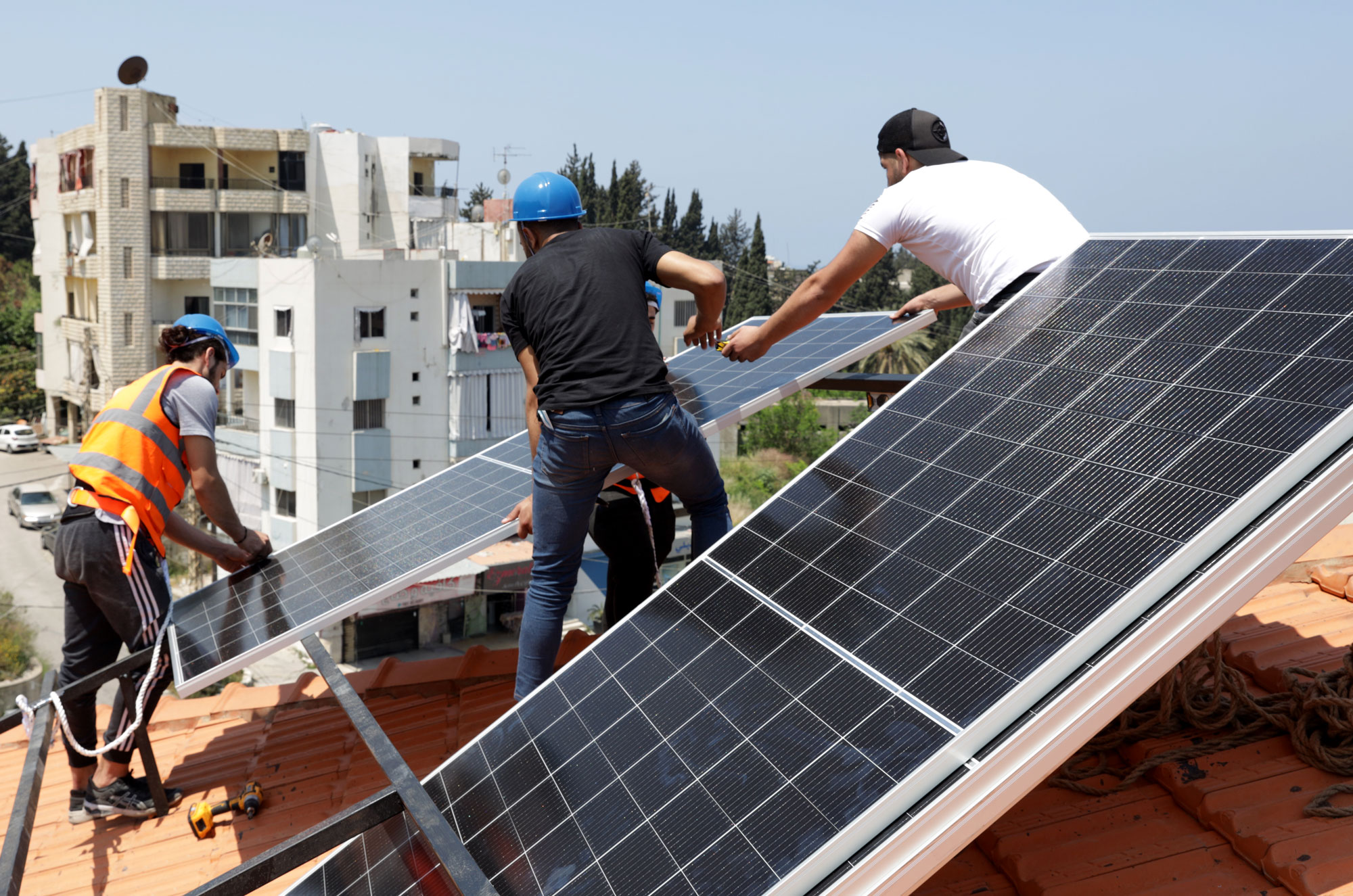Jun, 2022
The solar electricity is allowing healthcare providers to continue offering care despite the vagaries of fuel shortages
The past three years have brought a cascade of crises to Lebanon, from COVID-19, the Beirut blast, and the financial collapse, to the severe and ongoing shortages in medicines and medical supplies. During this time, Anera’s medical donations team has been working tirelessly to assess the health needs of Lebanon’s people and its medical institutions, communicate those needs to Anera’s global medical partners and private donors, and harness as much support as possible in the form of in-kind donations and grants.
One recent form of emergency response that we've undertaken to support Lebanon's public health sector is the provision of high quality solar panels. Solar energy offers a way to mitigate the impact of the electricity cuts resulting from fuel shortages in the country. With funding from a collective of private donors, our mission is to set up a solar power system at every struggling charity-based health center in Lebanon.
Hospitals with dark corridors, nurses using their phone lights to move around, and treatments being rescheduled according to the chaotic electricity schedule — such scenes have become normal in Lebanon, especially at charity health care centers.
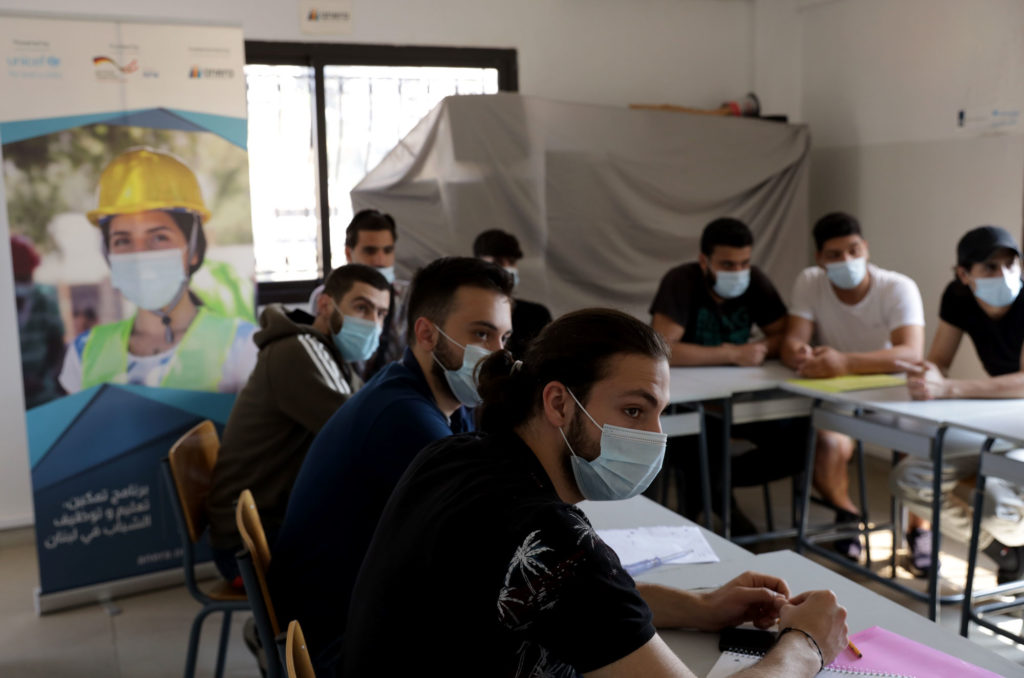



"We were forced to postpone or even cancel patients’ appointments because we did not know if the electricity would be available or not."
Anera has partnered with 16 primary healthcare centers that cater to refugee and marginalized Lebanese communities across Lebanon to receive solar installations. Among them is Al-Hamshari Hospital, which was renovated in 2008 with funding from the Norwegian People’s Aid Association in cooperation with the Palestinian Red Crescent Society. Working with the Palestinian Disability Forum, it serves Palestinians with physical disabilities in the city of Saida and its suburbs, specifically Palestinian refugees residing in Ein El Hilweh and Mieh Mieh refugee camps.
The disability forum has a rehabilitation center which provides physiotherapy sessions, movement aids, and medical supplies such as wheelchairs, walkers, and crutches of all kinds.
Like the majority of health centers in Lebanon, the Palestinian Disability Forum depended on a system of private electric generators that consumed fuel. Given how infrequently the electricity grid is on, the center relied on these generators to keep the center functioning most of the day.
The Palestinian Disability Forum’s manager, Jamal Alsaleh, says,
"Before the economic collapse, the center did not suffer from a lack of electricity, and the usual cuts were not significant."
But today, between the constant power cuts and the outrageously high fuel prices, the center's ability to function was compromised. This seriously disrupted care and schedules for staff and patients.
Alsaleh says,
"We were forced to postpone or even cancel patients’ appointments because we did not know if the electricity would be available or not."
Even more troubling, the majority of the center’s patients rely on electric equipment for treatments.
"Imagine a patient with a physical disability in a foldable electric bed. If the electricity vanishes, the patient could remain suspended and it would be very difficult to remove him from the bed."
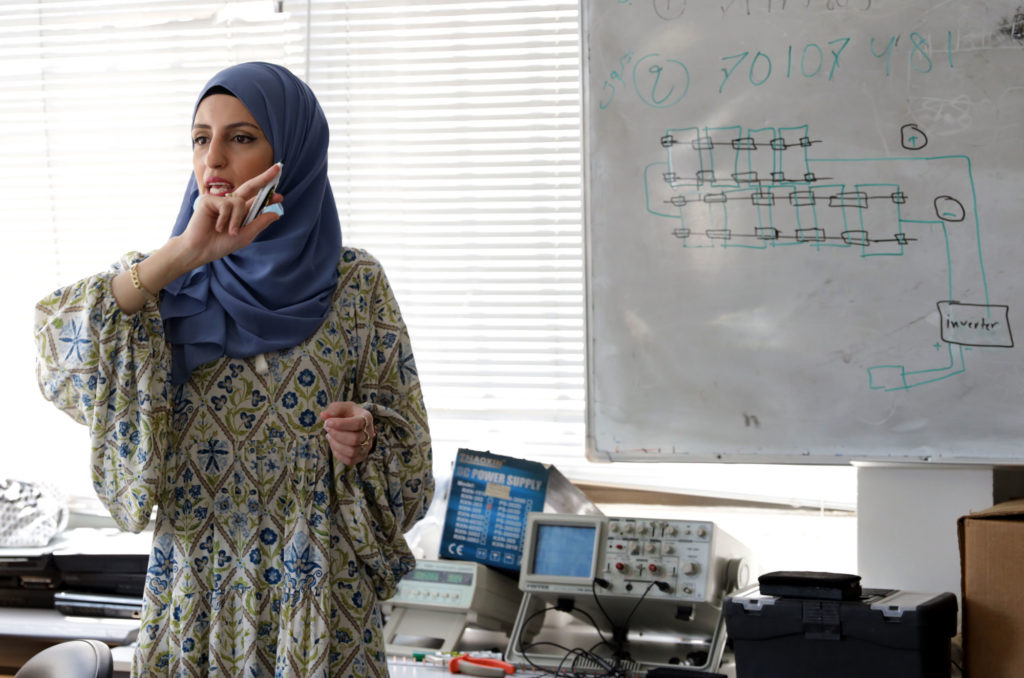

Another major concern expressed by our local partners is the cost of fixing expensive medical devices that get damaged by power surges resulting from the unstable electrical grid. In light of these continuous power disruptions and the high price of diesel fuel, solar energy becomes a very attractive solution.
Let’s see how this project has helped yet another healthcare provider.
Al-Shifa Medical Center is located in the Palestinian refugee camp of Nahr El Bared. It was established in 1978 to provide medical services to the residents of the camp, which now numbers an average of about 45,000 people. The center provides emergency medical intervention, electrocardiogram, arterial electrocardiogram, audiogram, laboratory tests, echo, radiology, dentistry, and physiotherapy.


"The government electricity only comes for one hour everyday — it’s basically nonexistent."
Before the crisis, Palestinian camps were amongst the places where electricity was scarce, which alone caused an array of medical emergencies. As Ghassan Audi, a physician and the center’s director, explains,
"The government electricity only comes for one hour everyday — it’s basically nonexistent. Here at the center, we have always relied on private generators and we sometimes secure diesel from the black market, which has benefited the center financially in the months preceding the installation of solar panels. "
"As a result of a shortage of diesel, many health centers were forced to suspend their operations and close their doors until further notice.
"Currently, the [solar] panels help us in two ways: first, they secure sustainable and clean electricity from an unpolluted source; second, the amount that was used to purchase diesel can be saved to increase workers’ pensions, make renovations, and procure medical supplies."
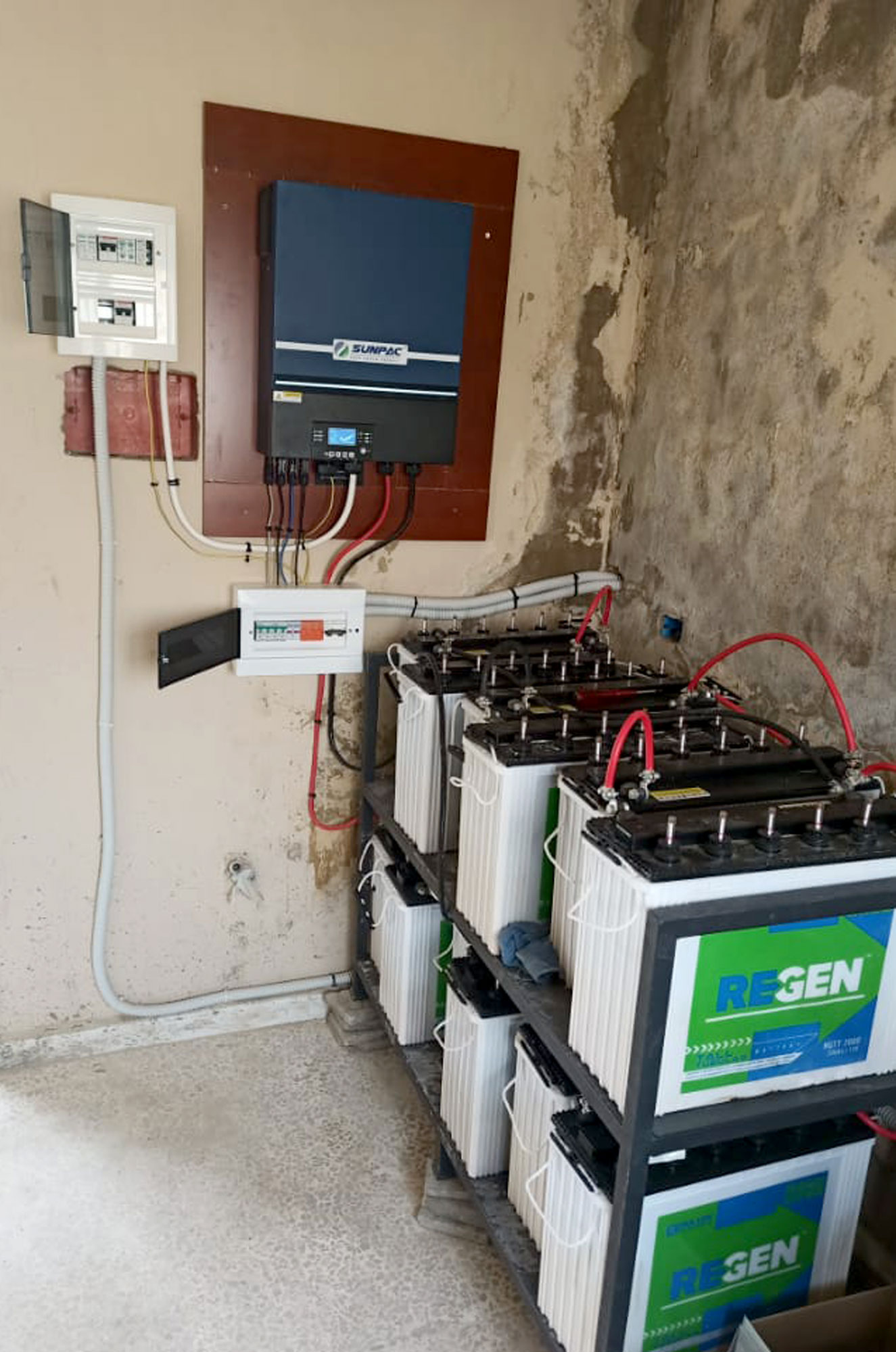

Now that we've equipped 16 essential health care centers and medium-sized hospitals across Lebanon with state-of-the-art solar panel systems. Our team on the ground is currently conducting a second round of assessments to scale-up this project and benefit more and more health care centers.
Samar El Yassir, Anera Lebanon’s country director, says,
"Providing clean electricity to these health centers is a life-saving activity. Hospitals remain functional, refrigerated treatments do not lose their integrity, and there is a serious reduction in the hospitals' expenses."
Samar also highlighted the positive environmental footprint of this project. The provision of solar panels means less and less use of diesel fuel for generators and less emission of carbon dioxide. Who knows, perhaps this fuel crisis is what will eventually make way for a healthier, greener and eco-friendly Lebanon.

